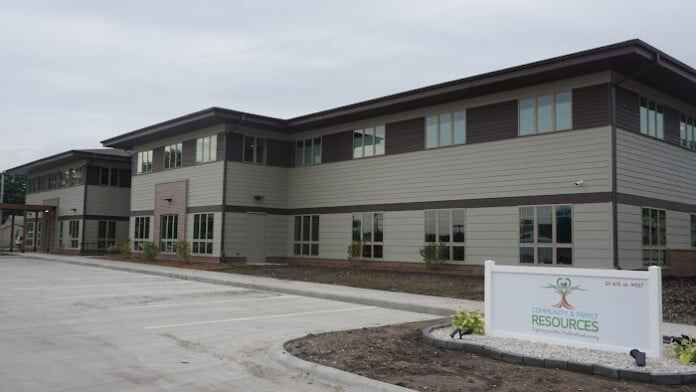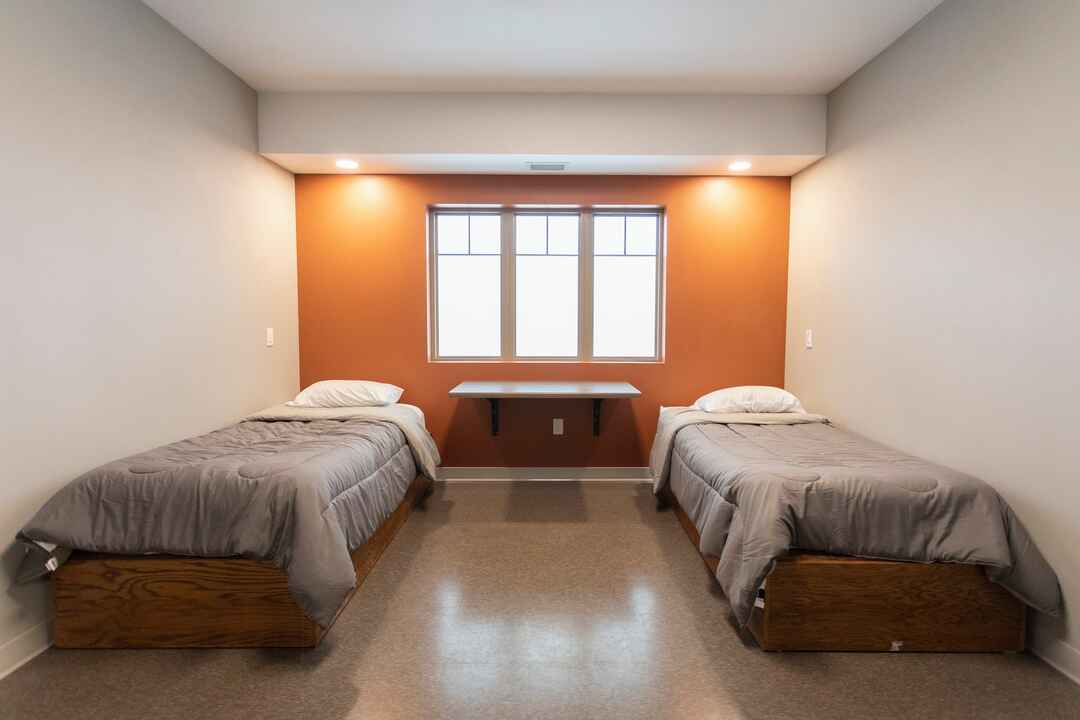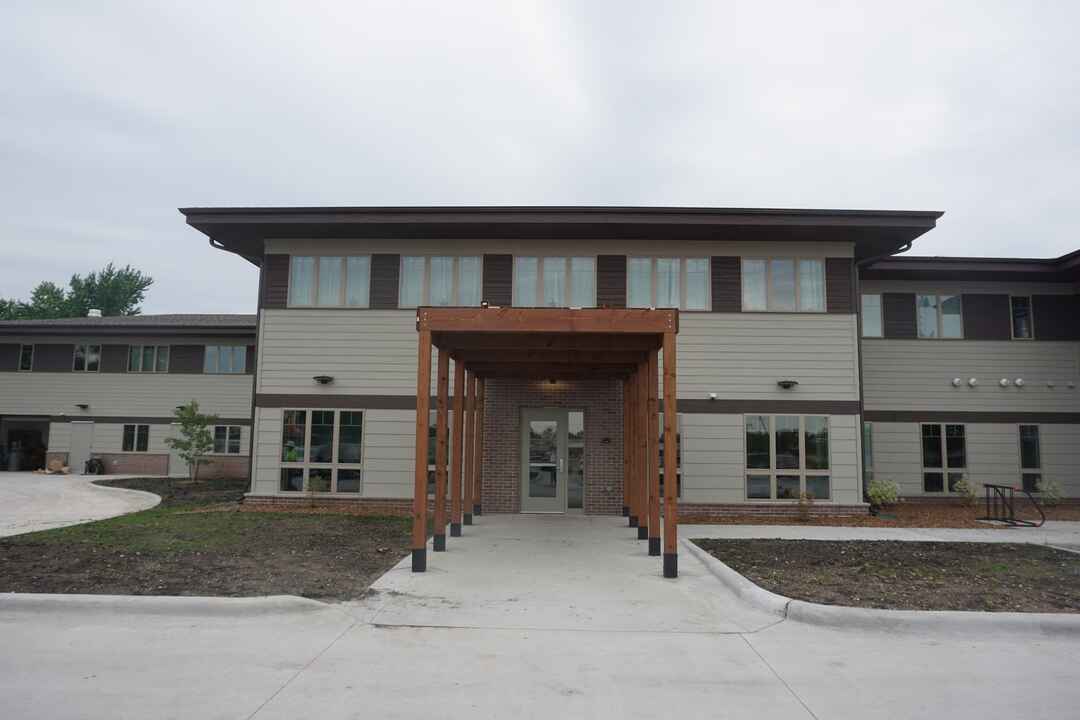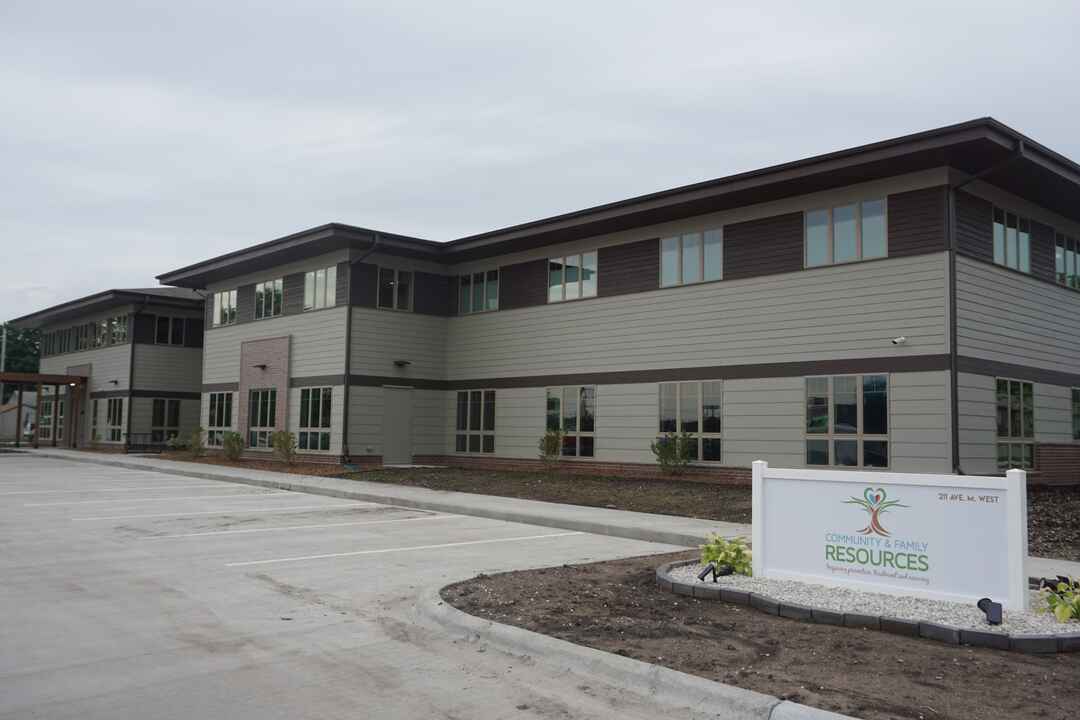About Community Family Resources – Fort Dodge – Fort Dodge
Community Family Resources is an organization in Fort Dodge, Iowa, that offers clients prevention and treatment services for substance abuse. Clients have the option of either participating in the outpatient or inpatient program. They also offer same day substance use evaluations on their listed days and times.
After the evaluation, clients will be referred to the level of care the staff deems appropriate for their health issues. Individuals should be prepared to spend at least 2.5 hours for their evaluation. For individuals whose second language is English, they have language translation services which include access to a live interpreter to help make the process go smoothly.
In the outpatient programs, patients will participate in counselor led therapy groups and learn recovery skills and relapse prevention. The counselor will also discuss other topics such as compulsive behaviors and thought-stopping exercises. A great thing about this location is they offer various services that are tailored to specific types of clients. These services include gender-specific programming, jail-based programming and services for those with post-traumatic stress disorder (PTSD). When a client reaches the continuing care phase of their treatment, they’ll continue to be guided on relapse prevention skills to help them continue to avoid substance use.
Community Family Resources has two residential treatment programs for adults and adolescents. In the adult residential treatment program, clients participate in over 50 hours of programming every week with the staff members. Prior to this, an assessment is completed that will help them build motivation for recovery and identify their mental and emotional needs.
The adolescent residential program is similar with 50+ hours of program participation. Adolescent clients will spend 30 to 90 days at the facility where counselors will guide them on different topics such as learning recovery skills and building relationships.



